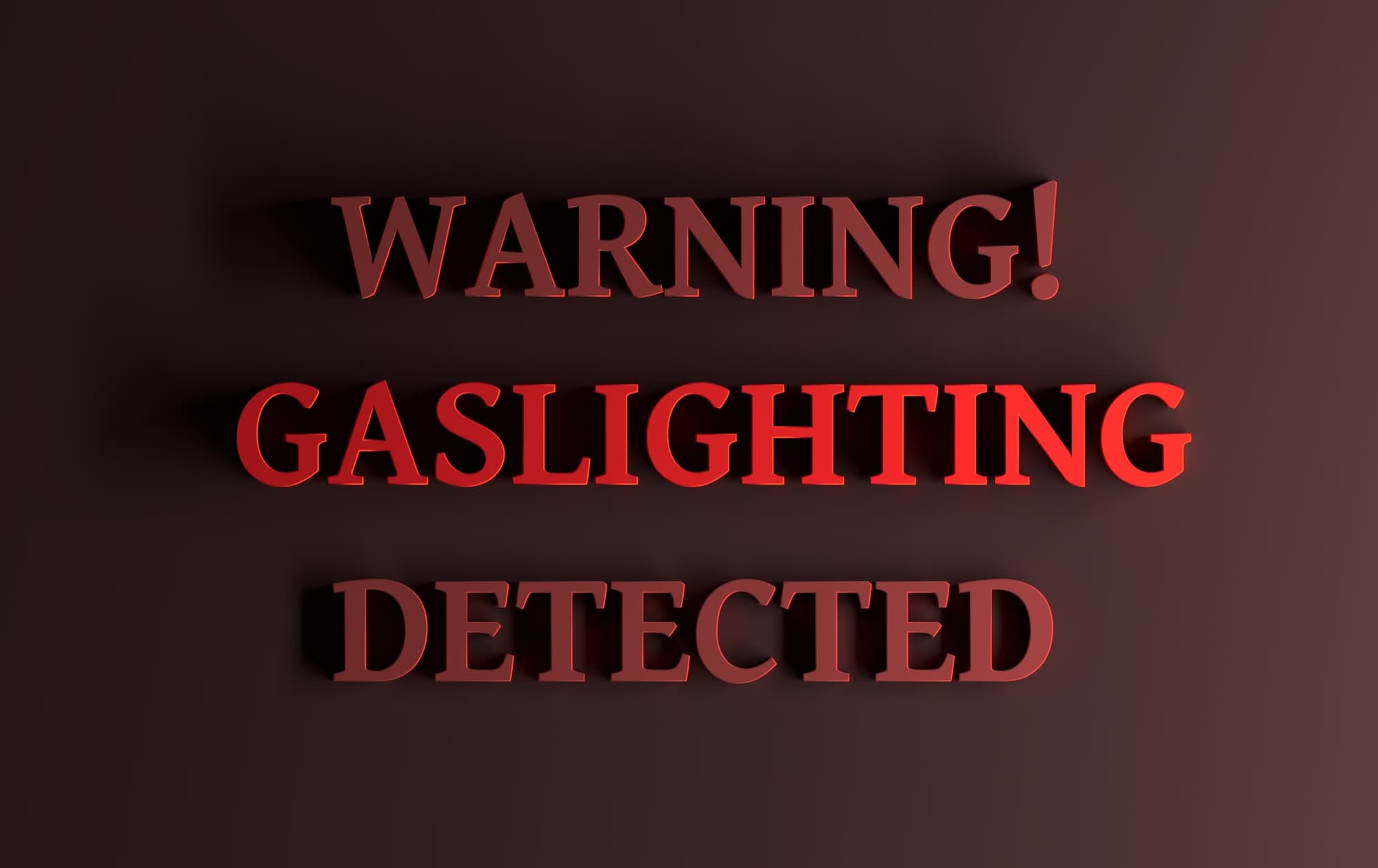Gaslighting: How To Recognize Your Spouse’s Manipulative Behavior

Does your ex ever make you feel like you’re crazy? Do you doubt your own judgment, but can’t figure out why? If so, you may be a victim of a form of psychological abuse known as gaslighting. The term was taken from the 1944 thriller Gaslight, in which a husband convinces his wife she’s going insane to distract her from his criminal shenanigans.
The first step in protecting yourself from the gaslighter’s abuse is to recognize the techniques they use to manipulate reality.
Projection. When you confront a gaslighter, they will sidestep your concern by accusing you of their own bad behavior. For instance, a cheater will accuse you of cheating. An abusive person will insist you’re mistreating them. Pretty soon, the conversation has shifted from reality — their very real mistreatment of you – to fantasy – their distorted narrative of your wrongs.
Intermittent niceness. Do you feel bad for questioning the gaslighter’s integrity because you remember the nice things they have done for you? Well, gaslighters are only as nice as they have to be. They sometimes act in a loving way to keep you off-guard. Then, when you call them out on their bad behavior, they appear wounded and remind you of their gifts and kind gestures. Pretty soon, you’re feeling like the ungrateful and demanding person they say you are!
Cover-ups. Gaslighting can involve a kind of smoke-and-mirrors routine to keep partners from knowing what’s really going on: an affair, secret financial dealings, sometimes another family! Gaslighters go to great lengths to hide their dodgy activities. The often act like the perfect spouse out in public, so that no one suspects they have a double life. If your spouse sometimes seems like two people, he may be a gaslighter.
Outright lying. Gaslighters lie, even when caught red-handed. They’ll say you “misunderstood” the sexting exchange with a co-worker that you read on their phone. The affair partner who called you to let you know what’s really going on? They’re making it up because they’re jealous of your perfect marriage! Don’t let the gaslighter’s smooth talk make you disregard solid evidence. [Be aware: There is a lot of crossover between gaslighting and narcissism.]
Blaming you for legitimate feelings. “You’re so paranoid” and “you’re too sensitive” are classic gaslighting refrains. If your spouse is glued to their cell phone, or goes MIA for long periods of time, it’s natural to question them about their activities. If he’s verbally abusive and dismissive, it’s understandable that you’d feel hurt. Gaslighters deny wrongdoing by shifting blame onto you.
Using couples therapy to paint you as “the crazy one.” Gaslighters can use couples therapy as an opportunity to convince a third party that you’re the one with the problem. Your “depression,” “anxiety,” “paranoia,” “lack of gratitude,” and “hypersensitivity” have nothing to do with them! In fact, as they go to great lengths to prove, they’re victimized by your many character defects, despite their efforts to make you happy. If you do pursue couples therapy, ask up front about the therapist’s strategies for not allowing either of you from hijacking the sessions. Bonus tip: you may want to find a couples therapist who specializes in high conflict behaviors.
Once you understand how the gaslighter operates, then you can learn strategies to protect yourself from further abuse. Part II of this article explains how — look for it next week!
Learn More:



